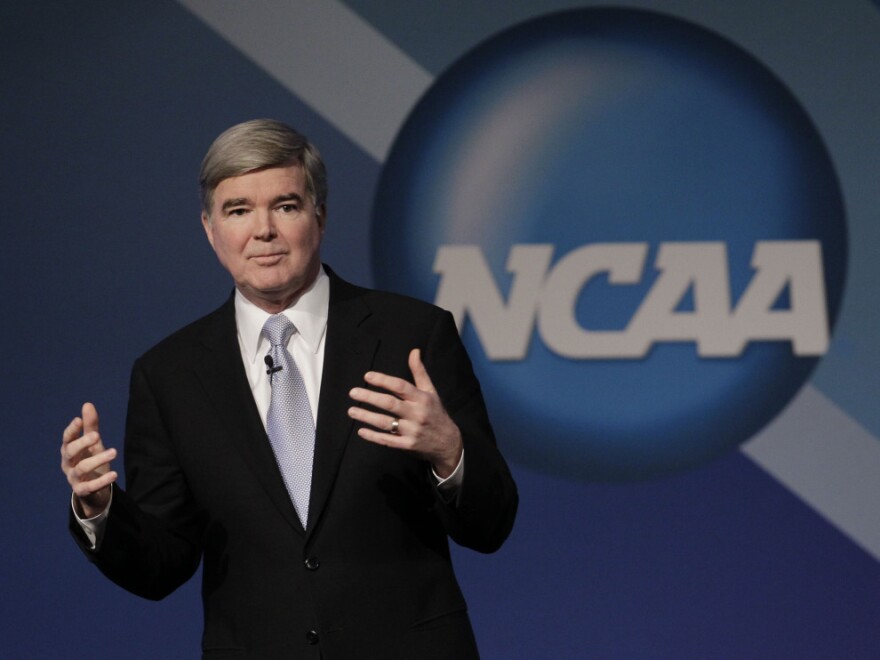Just as the public has lately been surprised to discover that football is really a very perilous game for your head, those Americans who do not pay that much attention to sports have been brought up short recently to learn better what an incredibly hypocritical and autocratic cartel is the National Collegiate Athletic Association.
In particular, Kentucky's victory in the NCAA basketball championship — all thanks to a handful of young transients barnstorming for a few months as what the NCAA calls student-athletes — has shocked casual observers of the educational sporting scene. Good grief, The New York Times was even stunned enough to feel obliged to editorialize on the matter.
Trust me: It's only 10 days since Kentucky took the title, but the NCAA is safely again where it likes to be, flying under the ethical radar, tucked away on the sports pages and in the warm embrace of ESPN.
So far as the college media and fans are concerned, we're already back to the only issue of real consequence: how to more properly conduct the football championship so that the big-conference schools can make more money, even as the poor players continue to make none.
But before we all put the NCAA out of our mind again, here is my question: Why do so many honorable colleges continue to let their good names be associated with such an un-American conglomerate? Oh, I can understand why the big-time colleges, like Kentucky — or like Alabama, the football champion — need a cartel. It's the same reason Saudi Arabia and Venezuela belong to OPEC.
But why, in particular, do Division III colleges feel a need to align themselves with such a big-foot organization? At the very least, the NCAA is just so unbalanced. Do schools like Williams and Johns Hopkins and Oberlin and Cal Tech really need NCAA oversight just for their students to leave the classrooms and play games?
I'd like to have the president of my alma mater — a person I much admire — explain to me if she really thinks the way the NCAA does business is consistent with the ideals that our university professes to stand for. You, too. Go ahead: Contact your college president. Ask the same questions: Does our school just go along as a member of the NCAA because everybody does it? Does our college endorse the imperious, arbitrary way the NCAA treats college athletes? And ultimately: Do we really even need to be in the NCAA?
The NCAA is never going to reform itself. It is in business to find a way to keep doing business — peddling sanctimonious claptrap about how it really cares about academics. The only way to affect it is for us alumni of NCAA institutions to begin to question why our institution is a member. And then maybe decide to get our college out.
Copyright 2021 NPR. To see more, visit https://www.npr.org.



